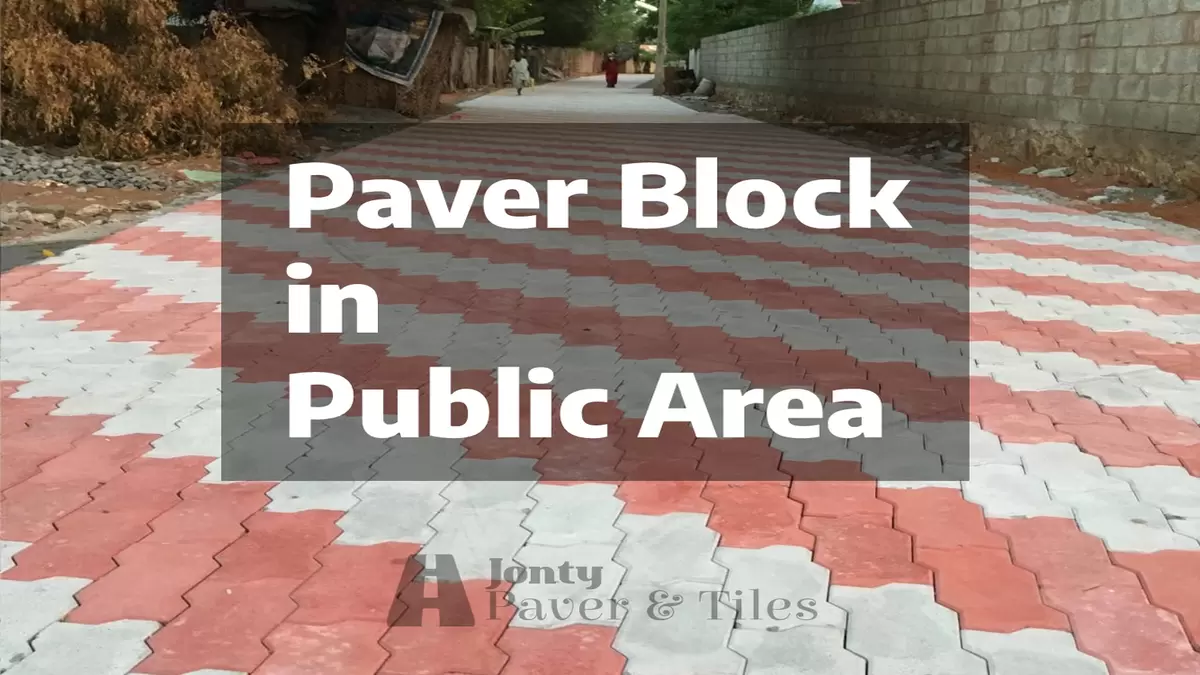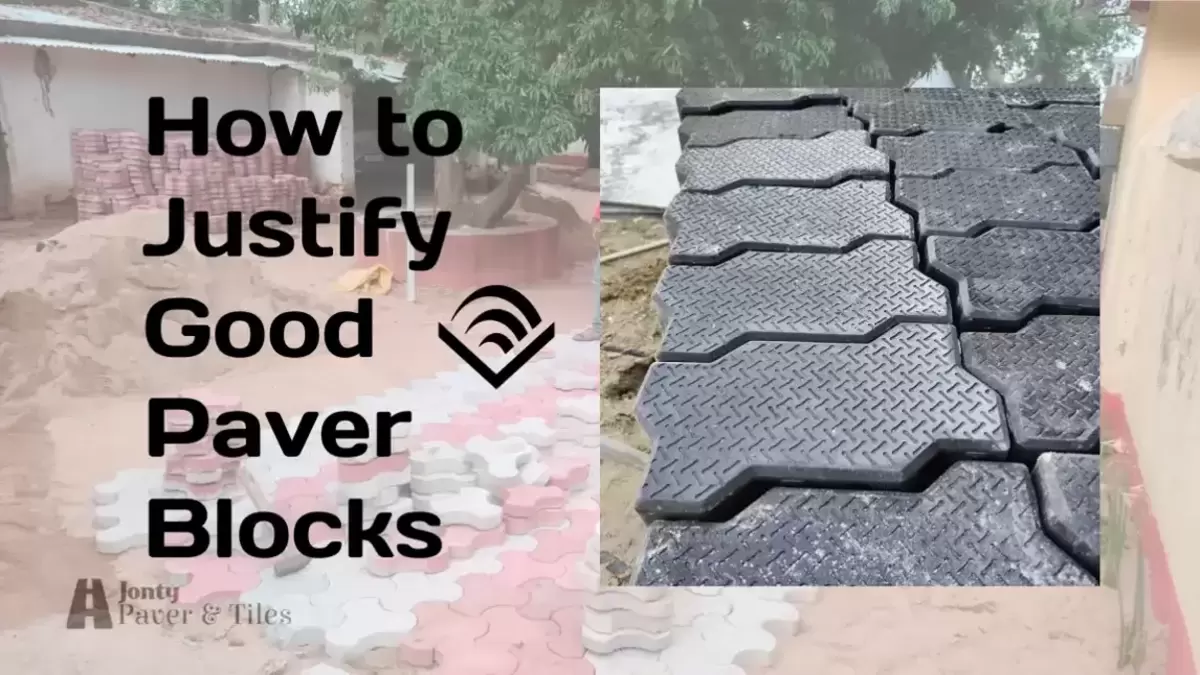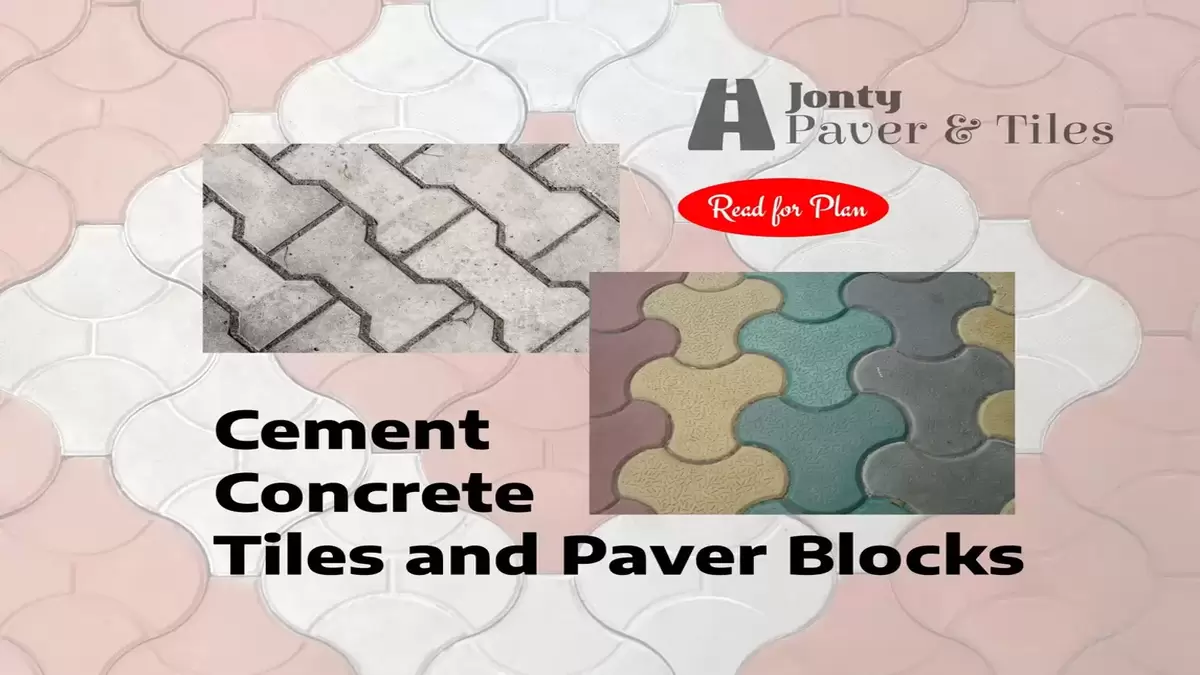Why Concrete Block Replaced by Paver Block
Introduction
Paver blocks are increasingly being used in place of concrete blocks in a variety of construction projects, as we have seen in recent years. This change in preference can be ascribed to a number of factors that have made paver blocks popular among architects, homeowners, and builders. We’ll discuss the reasons behind the construction industry’s shift from concrete to paver blocks in this blog post.
The Advantages of Paver Blocks
Paver blocks are becoming more and more popular because of their many advantages. Let’s examine some of their benefits in more detail
1. Durability & Strength
Paver blocks are renowned for their extraordinary strength and durability. Constructed from substances like concrete, clay, or natural stone, they are resilient to extreme weight and weather-related deterioration. Paver blocks have a longer lifespan because they retain their integrity longer than concrete blocks, which can eventually crumble or crack.
2. Aesthetics & Design Flexibility
Paver blocks are becoming more and more popular due to their versatile design and attractive appearance. Paver blocks are available in a variety of sizes, shapes, colors, and patterns, enabling homeowners and builders to design distinctive and aesthetically beautiful spaces. Paver blocks can be placed in intricate patterns to improve the overall appearance of a patio, driveway, or walkway.
3. Easy Installation & Maintenance
The installation of paver blocks is simpler than that of concrete blocks. There is no need for heavy machinery or extensive excavation when they can be placed on a bed of sand or gravel. Furthermore, replacing a damaged paver block doesn’t require tearing down the entire structure. Paver blocks can retain their excellent appearance for many years with regular cleaning and sealing.
4. Eco Friendly Option
When it comes to sustainability, paver blocks are thought to be a better choice than concrete blocks. They lessen the chance of flooding and water runoff by enabling improved water drainage. Paver blocks also aid in rainwater filtration, enhancing the general quality of water entering the ground. Moreover, due to their composition, paver blocks have a lower carbon footprint than concrete blocks, making them an eco-friendly choice.
5. Enhanced Safety
The non-slip surface of paver blocks is an additional benefit. The blocks’ textured surface improves traction and reduces the chance of accidents, particularly in locations that frequently experience icy or rainy weather. Because of this, paver blocks are a common option for areas around pools, driveways, and walkways where people prioritize safety.
Conclusion
It is clear that paver blocks, rather than concrete blocks, have gained popularity in the building sector for a number of reasons. Many homeowners and builders choose them because of their increased safety features, eco-friendliness, ease of installation and maintenance, and durability. Given all of their advantages, paver blocks are quickly taking the place of concrete blocks in construction projects all over the world.
Need any help to guide about paver blocks ?? Contact Us



